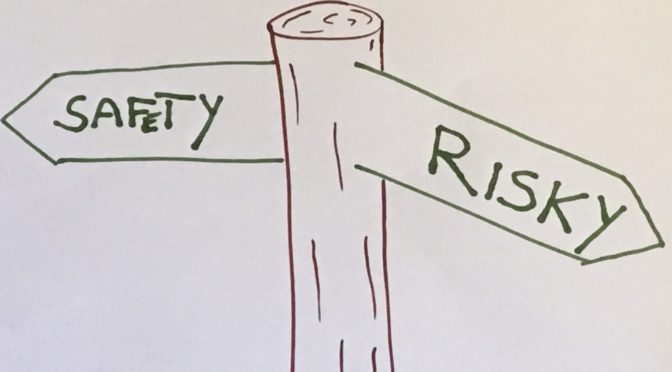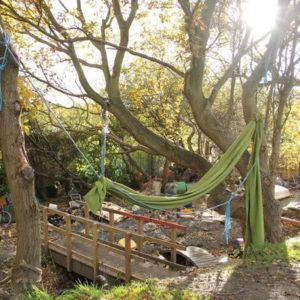Dear colleagues,
[for PDF click with info click here]
We invite you to participate in our call for manuscripts for a 2019 special issue of the Child Indicators Research journal on child neglect.
This Special Issue offers an opportunity to contribute to an interdisciplinary understanding of conceptualizations, determinants, and consequences of child neglect and, in so doing, to reforming child protection systems globally. We welcome empirical research, literature review, and conceptual submissions with direct implications for measurement/indicators covering any type and dimension of inadequate care and protection of children, regardless of who is responsible, with consequences in all spheres of child development/wellbeing.
Within ecological conceptualizations of neglect, we seek submissions from any country that explore protective factors and/or effective community or institutional interventions and policies for the prevention of neglect and associated consequences for children across different developmental domains. Using scientifically sound qualitative and/or quantitative methods, submissions that use multiple data sources, examine neglect in its larger political and economic context, and incorporate the perspectives of children and families from diverse cultural contexts and caregiving environments are particularly encouraged.
Manuscripts can be submitted until 15th September 2018. All papers will be double-blind peer reviewed. Accepted papers will be published continuously in the journal and will be listed together on the special issue website.
Please share further with qualified colleagues. Author guidelines and submission information can be found athttps://link.springer.com/journal/12187. You will also find a call for papers attached. Specific questions pertaining this Special Issue should be directed to SpecialissueCIR@mcgill.ca.
Looking forward to receiving your submissions,
Mónica Ruiz-Casares, McGill University
Carl Lacharité, Université du Québec à Trois Rivières
Florence Martin, Better Care Network
Guest Editors



 It is difficult to know how to feel about the human rights violations committed by this administration against immigrants. And by that I mean, as an advocate who is, if not seasoned, then weathered, say, I know I can do my best work if I float above the knowledge of what is happening to families and children. “There,” I say, pointing down into the water, “the government forcibly separated 658 children from their parents in two weeks. Look at it.”
It is difficult to know how to feel about the human rights violations committed by this administration against immigrants. And by that I mean, as an advocate who is, if not seasoned, then weathered, say, I know I can do my best work if I float above the knowledge of what is happening to families and children. “There,” I say, pointing down into the water, “the government forcibly separated 658 children from their parents in two weeks. Look at it.”